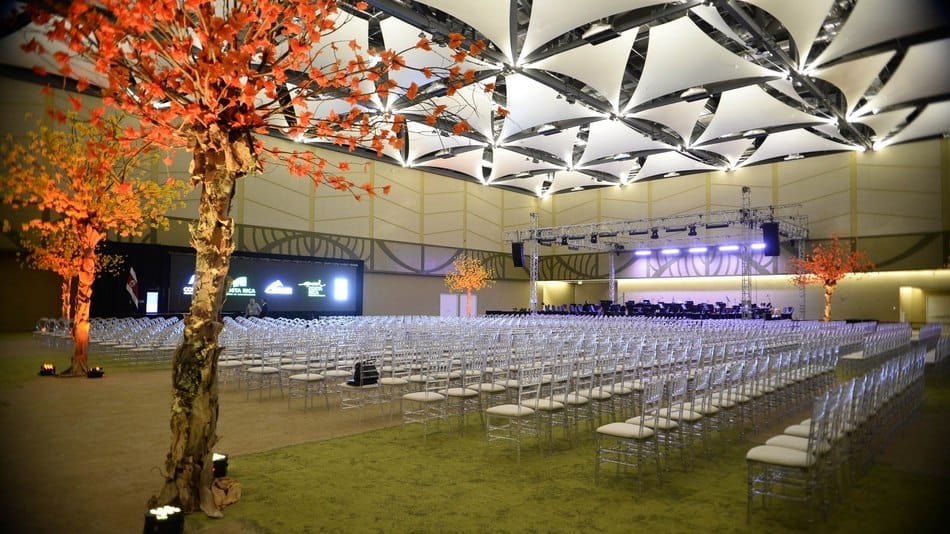Delegates from across the world will gather starting Tuesday in Costa Rica to discuss the global agenda to combat the environmental disaster that climate change represents.
Nearly 1,500 people, including 25 Ministers of the Environment from Africa, the Americas and Europe, are planning to participate in three days of deliberations near the capital, in an appointment prior to the 25th Conference of the Parties (COP25) of the UN against climate change, to be held in December in Chile.
“What we are going to have is an event to talk about the implementation of climate actions,” Costa Rican Minister of Environment Carlos Manuel Rodríguez said about the meeting that will take place until Thursday at the National Convention Center.
“We see PreCOP as the great opportunity to address the implementation in an activity open to all political and social actors in the world of climate change,” he added.
The event will be held as two weeks of protests have just begun in some 60 cities — including Madrid, Buenos Aires, Mexico City, Rio and Bogotá — condemning inaction against global warming.
The minister explained that the deliberations of the so-called PreCOP will revolve around three major issues, which he considered important for Latin America despite the fact that they have had little relevance in the negotiations to curb global warming.
The first of these is the search for solutions based on nature — that is, the use of nature “as a cost-efficient means to mitigate climate change.”
According to the minister, 30% of climate problems can be resolved with nature, such as the protection of 4 billion hectares of ecosystems and the restoration of a similar amount that has been degraded. But this effort receives only 3% of global funds for mitigation and adaptation to climate change, he said.
The second theme is the role of the oceans in solving climate problems, and the last is that of mobility and sustainable cities.
Advances and setbacks in fighting climate change
PreCOP is held shortly after the UN Secretary General, Antonio Guterres, gathered last September with world leaders in New York to warn of the need to intensify efforts to avoid an ecological “disaster” due to global warming.
However, the absence of rulers of countries with great impact on the climate agenda, such as the United States and Brazil, evidenced the loss of relevance of this agenda, which emerged after the 2015 Paris Agreement.
In that pact, more than 190 countries agreed to reduce their carbon dioxide (CO2) emissions, the main cause of global warming, and present plans to reach that goal.
However, Rodriguez recalled that only seven countries have submitted such plans, with Costa Rica being one of them.
“The rulers of the countries have not recognized that we have a climate crisis,” said the Costa Rican minister. “In the last 40 years, we have lost 60% of the flora and fauna species,” he said.
Costa Rica an accidental headquarters
Chile and Costa Rica divided the PreCOP and COP25 responsibilities after Brazil withdrew from the role following the electoral victory of the current right-wing president, Jair Bolsonaro, a climate change skeptic.
It is the first time that the COP and the PreCOP will be held in different countries.
According to Rodríguez, the participating countries must recognize the need to mobilize internal resources to meet the climate agenda without waiting for international help.
“In the Paris Agreement, countries understood that it is in our own interest to commit to mitigation actions (of climate change). The next step is to understand that we have to mobilize domestic resources,” the minister said.






